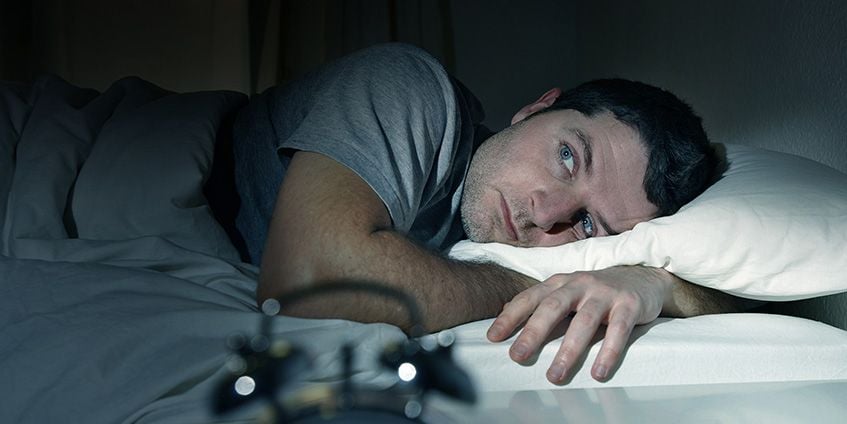Managing Sleep Disorders After Cancer Treatment

When you were being treated for cancer, you probably experienced some unpleasant side effects of the medications and therapies prescribed to treat your cancer. These side effects probably weren’t entirely shocking because you were told to expect them.
As you transitioned to being a cancer survivor, you probably expected the unpleasant side effects to go away. Fortunately, many of them probably did. One side effect that often continues to affect cancer survivors (or that may develop as a brand-new symptom after cancer treatment is complete) is a sleep disorder. Sleep disorders in cancer patients are most common after chemotherapy. While sleep disturbances usually improve for cancer survivors, lingering sleep problems sometimes last for years after cancer treatment ends.
What are Sleep Disorders?
Sleep disorder is an umbrella term encompassing several conditions that can prevent you from getting sufficient, restful sleep. Included in this category:
- Insomnia - difficulty falling or staying asleep occurring at least three times per week and lasts for four or more weeks.
- Hypersomnia - feeling unusually tired during the day and falling asleep too easily while reading, having a conversation, watching TV, or driving.
- Obstructive sleep apnea - includes snoring, gasping for breath, or stopping breathing during sleep.
- Restless leg syndrome - an uncomfortable, unstoppable urge to move your legs while you feel drowsy.
- Narcolepsy - unusual daytime tiredness and/or temporary loss of muscle control/brief moments of paralysis while falling asleep or waking.
Cancer survivors may experience sleep disorders that result from physical changes caused by cancer or surgery, side effects of medications or other treatments, stress, and anxiety, or health problems not associated with your cancer.
Strategies to Combat Sleep Problems
While medications and behavioral therapy may be required to effectively treat sleep disorders following cancer treatment, the following lifestyle changes can improve the quality and/or duration of your sleep.
- Maintain a regular, physician-approved exercise routine.
- If possible, try to safely expose yourself to sunlight each day, but be sure to wear sunscreen.
- Eat a well-balanced diet that is low in red meat, includes whole grains and at least 2.5 cups of vegetable per day.
- Avoid heavy meals 3+ hours before bed.
- Discuss the benefits of massage and/or acupuncture, specific to your condition, with your physician.
- Stick to a consistent sleep schedule. If you are still awake 15 minutes after you first try to fall asleep get out of bed and do something relaxing (read, listen to soft music, take a shower, etc.) until you begin to feel drowsy. Try to avoid looking at electronics during this period of time.
- Try to avoid napping during the day.
- Avoid bright lights, electronics, and other activities that stimulate your senses within a few hours of bedtime.
- Avoid caffeine in late afternoon and evening.
- Avoid nicotine.
- Avoid drinking alcohol.
- Maintain a healthy weight.
Talk to Your Doctor about Post-Cancer Sleep Disorders
As with any troubling physical or mental conditions you experience after cancer treatment, if you’re experiencing problems falling or staying asleep, experiencing unusual physical symptoms associated with sleep, or find yourself falling sleeping too frequently or under unusual circumstances, talk to your doctor.
As you describe your sleep-related problems, your doctor will probably ask you questions about your habits and routines and possibly order a sleep study. During a sleep study, your brain waves, breathing rate, heart rate, etc. are monitored while you are asleep in a controlled environment. Sometimes, a sleep study will indicate a physical problem that your doctor can diagnose and treat.
When your doctor isn’t able to identify a specific physical explanation for your sleep problem, he or she may prescribe sleep medications and/or recommend seeing a cognitive behavioral therapist who can help “retrain your brain” to relax and sleep.
As a cancer survivor, you’ve beaten one significant health obstacle. Taking steps to get a good night’s sleep is important to maintaining your mental and physical health. Sleep disorders that persist over time can increase your risk of other health problems including heart disease, high blood pressure, diabetes, and stroke; can prevent your immune system from effectively fighting infections, and can even lead to obesity or mental health problems.

